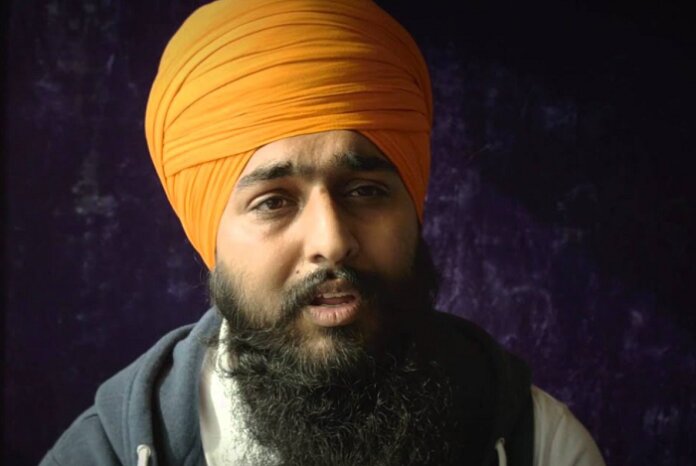Avtar Singh Khanda died. He was the leader of the Khalistan Liberation Force (KLF) and lived in the UK. Khanda might have been poisoned, people thought. The medical records that India Today looked at show that this is not true. The pro-Khalistani leader had blood cancer, according to these papers.
The leader of the Khalistan Liberation Force (KLF), who has since died, was in charge of the attack on the Indian High Commission in London, where protesters tore down the Indian flag. Khanda and three other separatists were named by the National Investigation Agency (NIA) as the key suspects in the case.
Not only that, but Khanda also helped Amritpal Singh hide from the Punjab police and other agencies for 37 days between March and April. Singh was a pro-Khalistani rebel. Amritpal Singh turned himself in to the police on April 23 at a gurudwara in the Punjab town of Moga.
Singh was moved to the Dibrugarh jail in Assam, where Pappalpreet Singh and eight of his other aides are being held under the National Security Act (NSA). Khanda is also thought to have helped make Amritpal Singh the leader of the Waris Punjab De after Deep Sidhu died in January 2022.
Kulwant Singh, a KLF bomber who was killed, had a son named Avtar Singh Khanda. Khanda went to the UK to study in 2007 and asked for refuge in 2012. Khanda went down the path of separatism soon after he moved to the UK. He did this with the help of a few gurudwaras that are said to be run by Khalistani supporters.
Even though they were places of worship, these gurudwaras raised money for terrorists under the guise of human rights violations against the Sikhs in India. He ran the KLF under the name “Ranjodh Singh,” according to reports, after the previous leader, Harmeet Singh, was killed in Pakistan in January 2020.
Indian authorities have said many times that Khanda is turning young people into extremists and teaching them extremist and separatist ideas. In 2015, India gave the UK government a list of people who were planning and plotting against India. His name was on that list. Khanda, on the other hand, was able to stay in Britain because of political refuge.
